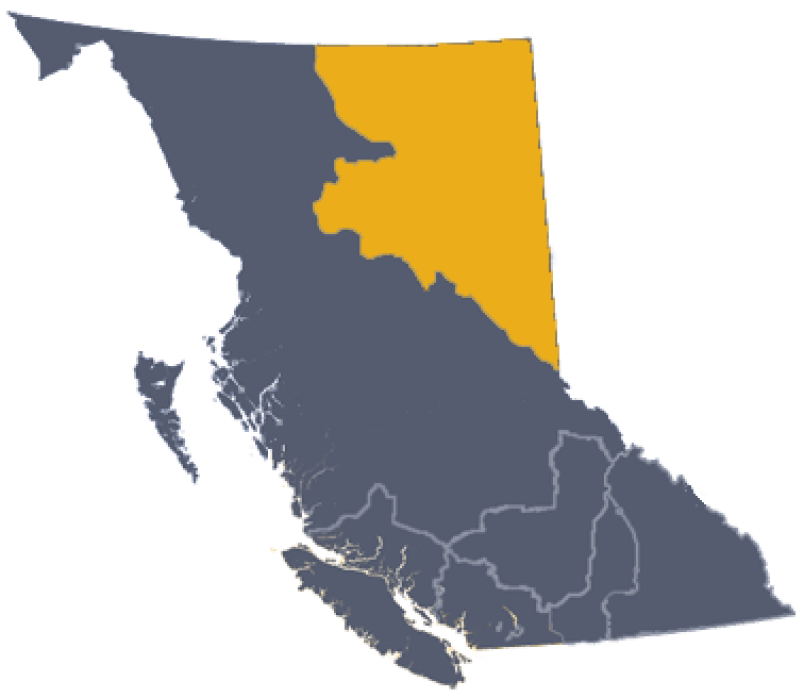The BC Wildfire Service is working with agriculture producers in the Peace region to accommodate the burning of residual crops to prepare for 2020 seeding.
A significant number of grain crops in the Peace were not harvested in the fall of 2019 due to excess field moisture and snow.
Exemptions from open burning prohibitions are only open to Peace region grain and oilseed producers who are producing a food crop for 2020 and who follow the process outlined below:
-
If salvage value exists, combining the crop will be the first option.
-
If salvage potential is low, and equipment and time allow, discing plant fibre into the soil and allowing for the breakdown of residual material can create an appropriate seed bed.
-
The final option is open burning to remove all stubble and allow for an ideal seed bed.
Burning of crops should be the last option for any agriculture producer.
If the first two options are not appropriate for a particular farm, the operator can apply for an exemption letter and burn registration number. Both are mandatory before burning can commence.
The application process can be sought from the Ministry of Agriculture office in Fort St. John or through the BC Grain Producers Association.
Crop residue burning is exempt from the Open Burning Smoke Control Regulation (OBSCR).
However, agriculture producers who are burning diseased vegetation should contact ministry staff at [email protected].
Additional information about diseased vegetation burning is available from the Ministry of Environment and Climate Change Strategy.
To report a wildfire, unattended campfire or open burning violation, please call 1 800 663-5555 toll-free or *5555 on a cell phone.
For the latest information on current wildfire activity and burning restrictions, visit: http://www.bcwildfire.ca.



